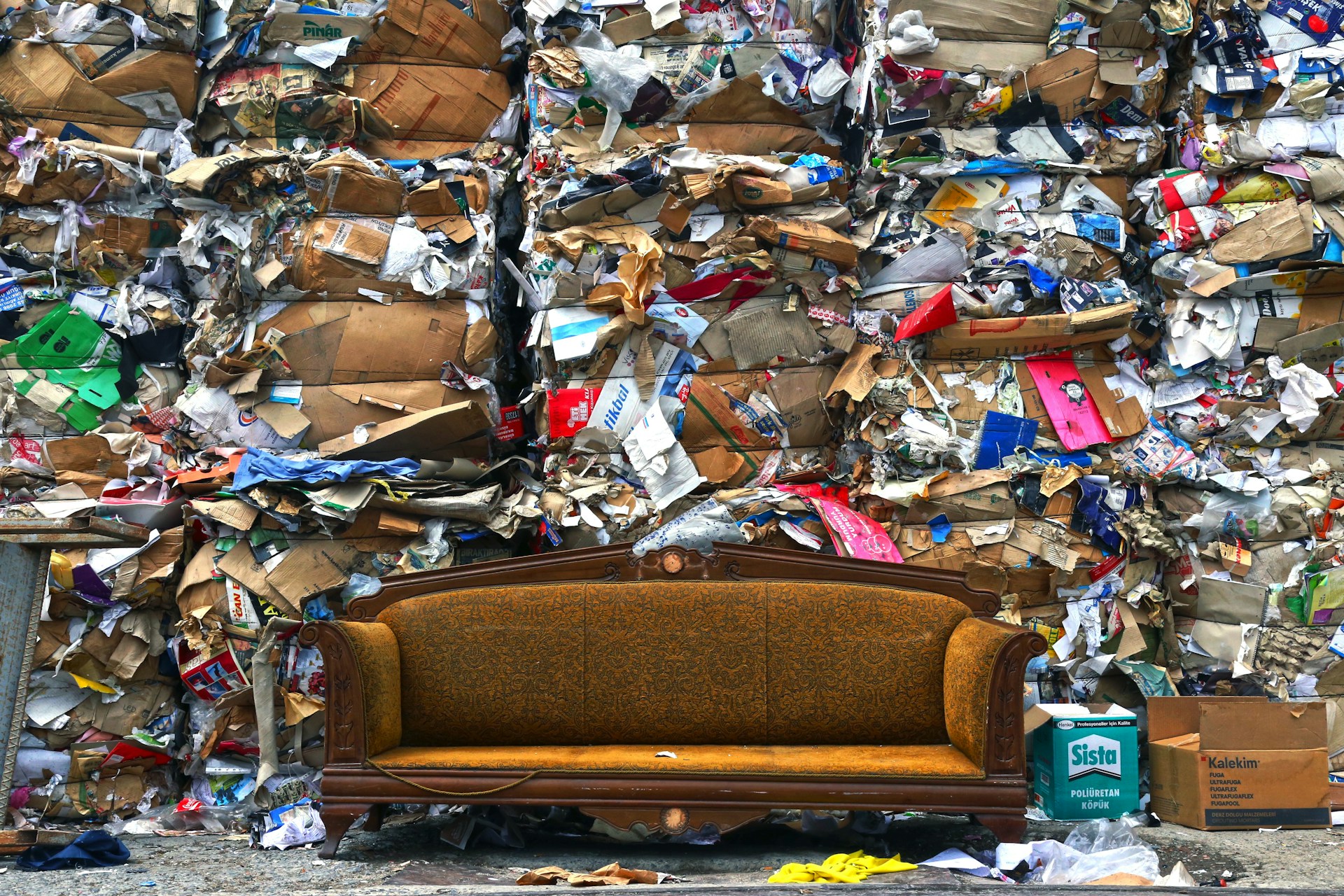Legislative developments
03 November 2025
EU Regulation to eliminate forced labour from global trade
Legislative developments
03 November 2025
Regulation and public governance
Aerospace and defence
Agri-food
+22 more
Login / create an account to be able to react
-
111

The EU Forced Labour Regulation marks a significant step towards eliminating products made with forced labour from the European market. It focuses primarily on human rights, while also considering animal welfare impacts - reinforcing the EU’s commitment to ethical trade, responsible business conduct, and humane standards.
Topics
Albania
Armenia
Austria
Belgium
Bosnia and Herzegovina
Bulgaria
Croatia
Cyprus
Czechia
Denmark
Estonia
EU-27
Finland
France
Georgia
Germany
Greece
Hungary
Iceland
Ireland
Italy
Kosovo
Latvia
Liechtenstein
Lithuania
Luxembourg
Malta
Moldova
Montenegro
Netherlands
North Macedonia
Norway
Poland
Portugal
Romania
Serbia
Slovakia
Slovenia
Spain
Sweden
Switzerland
Türkiye
Ukraine
Other
Academic / Research and VET Institutions
Business Support Organisation
Company with 250 or more employees
Cluster Organisations
Consumer Organisations
Cultural and Heritage Organisations
Destination Management & Marketing Organisations
EU Institutions
Financial Institutions and Investors
Industry Associations and Chambers of Commerce
International Organisations
Local Authorities
Media / Journalist Organisations
National authorities
Networks and Federations / Confederations
NGOs / Non-profits
Notified Bodies
Regional Authorities
SMEs (a company with less than 250 employees)
Social Economy Entity
Trade Unions
Other
-
Transition Pathway's building blocks
-
-
Regulation and public governance
-
-
Industrial ecosystems
-
-
Aerospace and defence
-
Agri-food
-
Construction
-
Cultural and creative industries
-
Digital
-
Energy intensive industries
-
Energy-renewables
-
Health
-
Mobility, transport, automotive
-
Proximity and social economy
-
Retail
-
Textile
-
Tourism
-
-
Textiles ecosystem areas
-
-
Fibres, yarns and fabrics
-
Apparel and clothing accessories
-
Household/interior textiles
-
Technical textiles
-
Leather and fur
-
Footwear
-
Research and Innovation
-
Technology and Machinery
-
Waste management, reuse and repair
-
Business support and Communication
-
Not area specific (interested in more than one of the above)
-
Share
The EU Forced Labour Regulation (2024/3015) is a major legislative step towards eliminating products made with forced labour from the European market.
Its goal is to ensure that goods sold or exported within the EU - regardless of origin, sector, company size, or stage of production, from raw materials to final assembly - are free from exploitation. This supports ethical trade and helps protect vulnerable workers around the world.
While the regulation primarily addresses human exploitation, it also recognises the impact forced labour practices can have on animal welfare. Authorities are encouraged to assess whether animals involved in production processes are subjected to avoidable pain, distress, or suffering.
The EU Forced Labour Regulation is grounded in international standards, including ILO Conventions, and reflects the EU’s broader commitment to human rights, decent work, and responsible business conduct. It complements other EU legislation on corporate sustainability due diligence and reinforces the EU’s existing animal welfare laws.
The regulation entered into force on 13 December 2024 and will become fully applicable across all EU Member States from 14 December 2027.
More details on here.
Comments (0)
See also
EU Product Environmental Footprint (PEF): An introduction
- Categories
- Aerospace and defence Agri-food Construction +21 more
EU Personal protective equipment (PPE) Regulation: An Overview
- Categories
- Aerospace and defence Agri-food Construction +21 more
EU draft rules on destruction of unsold apparel and footwear
- Categories
- Aerospace and defence Agri-food Construction +21 more




